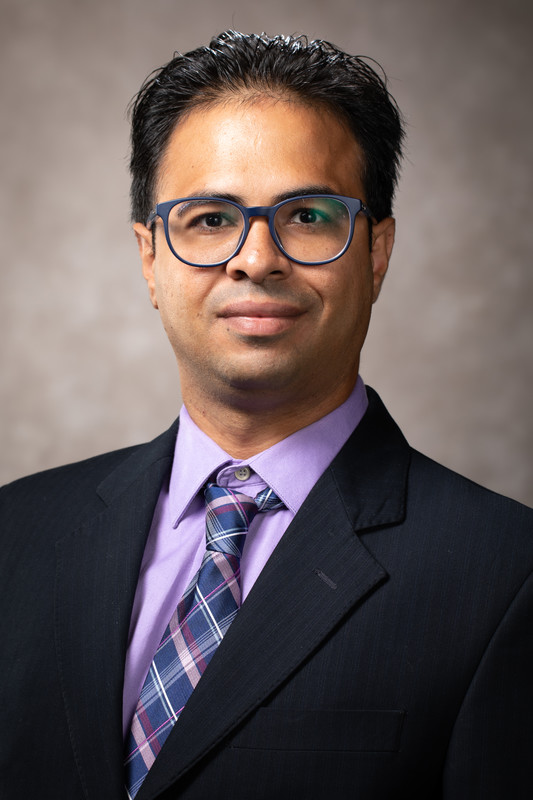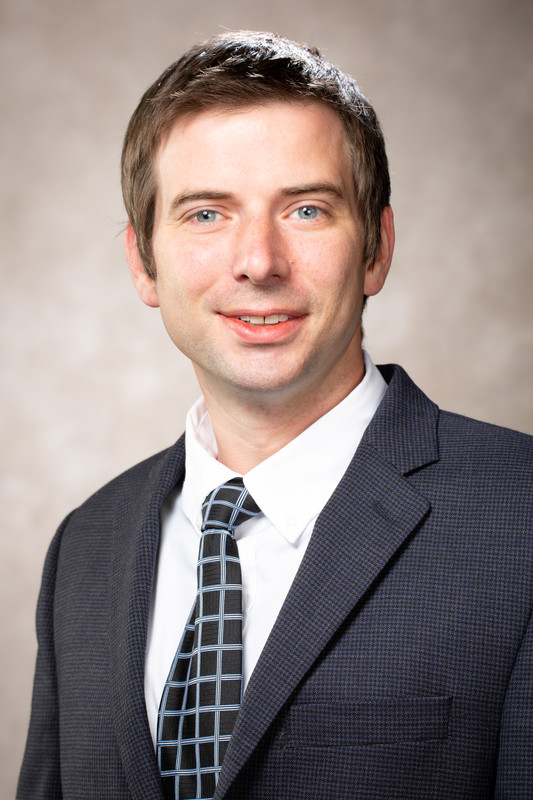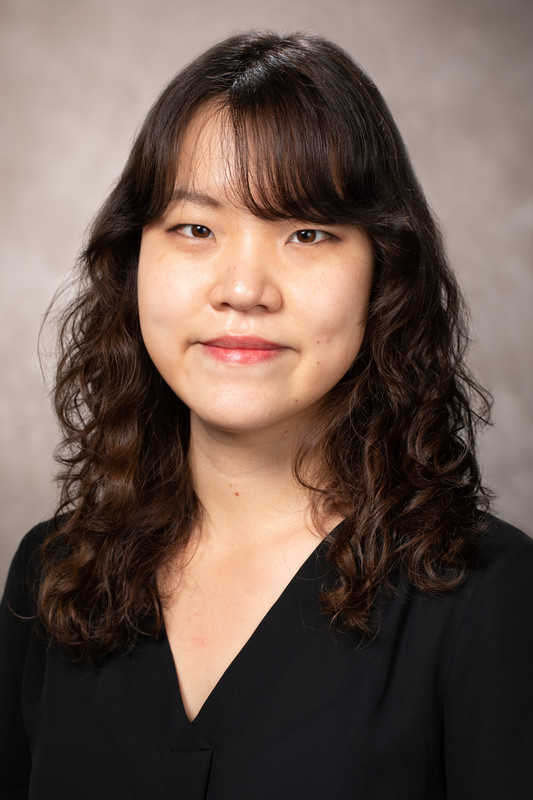Department of Biomedical Engineering
John A. White, Jr. Engineering Hall
790 W. Dickson St. Suite 120
Fayetteville, AR 72701
Phone: 479-575-4667
Fax: 479-575-5619
Department Welcomes Three New Faculty
The Department of Biomedical Engineering welcomes three new faculty members:

Mostafa Elsaadany joined the Department of Biomedical Engineering as a teaching assistant professor in June 2019. He received his B.S. in mechanical engineering from Cairo University in 2008 and M.S. in Mechanical Engineering from The American University in Cairo in 2012. He received his doctorate in Biomedical Engineering from The University of Toledo in 2017. Before joining The University of Arkansas, Elsaadany took a faculty position at The Ohio State University in 2017. He taught Fundamentals of Engineering, Statics, Mechanics of Materials, Engineering Economics, and Materials Science Engineering.
Elsaadany’s doctoral research included scaffold-free tissue engineering using non-thermal
plasma, scaffold-guided musculoskeletal tissue engineering, and multi-scale computational
modeling of tissue-engineered constructs. His research has resulted in 19 peer-reviewed
articles and conference proceedings and one patent. Elsaadany is interested in investigating
the methods to promote an inclusive classroom environment for underrepresented engineering
students, the formation of engineers with an entrepreneurial mindset, and comparing
traditional engineering education methods to the novel pedagogical theories such as
active learning and hybrid classroom teaching. His current research thrusts also include
studying the regeneration of the musculoskeletal and cardiovascular system by the
integration of Mechanobiology, Immunology, and Computational Modeling.
Chris Nelson joined the Biomedical Engineering Department as the 21st Century Professor of Biomedical Engineering. He received his B.S. in Biological Engineering from the University of Arkansas in 2009 and his Ph.D. from Vanderbilt University in 2014. He then completed a postdoctoral fellowship at Duke University as The Hartwell Foundation Fellow and as an NIH K99/R00 Pathway to Independence Award recipient.
His previous work sought to develop gene delivery approaches for tissue engineering and genome editing approaches to treat Duchenne muscular dystrophy. The Nelson lab now seeks to develop new precision molecular therapeutics by adapting technologies for targeted genome and epigenome modification for applications in gene therapy and regenerative medicine.

Young Hye Song joined the Department of Biomedical Engineering as an assistant professor in August 2019. She received her B.S. in Chemical Engineering and Biomedical Engineering from Carnegie Mellon University in 2010, and Ph.D. in Biomedical Engineering from Cornell University in 2016. Song worked as a postdoctoral research associate in Biomedical Engineering at the University of Florida before joining the University of Arkansas.
Song will be working on developing pre-clinical disease test beds and pro-regenerative scaffolds using naturally derived biomaterials, with a specific focus on decellularized tissue matrices, tumor-stroma interactions, stem cells, and 3D bioprinting. The ultimate goal of her work is to discover new mechanisms of disease and trauma progression and develop novel therapeutics to target microenvironmental dysregulations that promote disease and injury progression. Her work has resulted in publications in peer-reviewed journals such as Matrix Biology, Biomaterials, Integrative Biology, PNAS, Acta Biomaterialia, etc., over 20 invited seminars and conference presentations, 2 patent applications and interviews in online news media and a podcast.